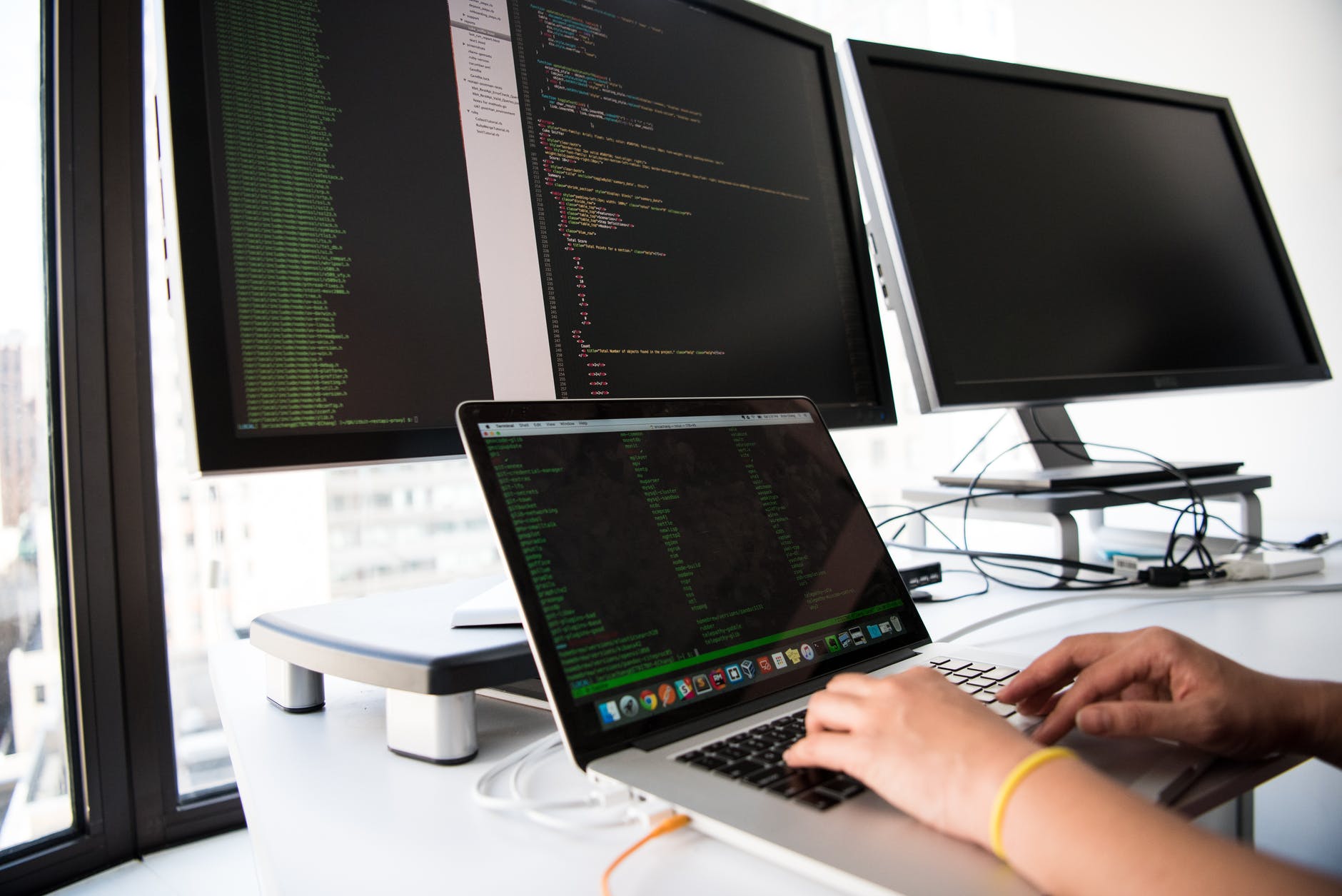I currently know three people recovering from Covid. I know this because they told me.
That may not seem like a big deal these days, when a Covid diagnosis often slips off the tongue as easily as mentioning a cold. But it is very important, both for our collective right to privacy and for the individual right to privacy, now and in the future.
First some background. Privacy in medical matters has long been a part of the law in the United States, but gained more official legal power in the 1840s. Maybe it’s not the best pandemic parallel, but then one man suggested that another was “a stunner”[amned] motherfucker” who “had been rotten from the blow for the past two or three years.” The mere mention of that kind of diagnosis was so secret and so outrageous that the rotten, flaccid man could sue even if the information was true. Revelations about what was called “the itch” were just as bad. People are sympathetic creatures who deserve protection against publications that aim to exclude them from society, the Supreme Court wrote in explanation.
Judges didn’t use the word privacy much at the time. “The greater the truth, the greater the libel,” they used to say, meaning that the more accurate the embarrassing information, the greater the harm to an individual if that information is released.
In more modern times, we call the disclosure of truthful private information “Publicity Given Private Life”. That tort makes it wrong to reveal someone else’s private information: “sexual relations,” for example, “most intimate letters,” and, importantly here, “many unpleasant or degrading illnesses.”
That’s language from a sort of influential treatise called the Restatement of Torts, and it offers several medically-related banned examples: a person sick in the hospital with a “rare illness” can keep an investigative reporter out of the hospital room; parents whose disabled baby died could sue a newspaper that published the baby’s photo and life story; a patient undergoing surgery could file a lawsuit if a video of the surgery was published without permission.
The key in each is that the information was true, but the individual’s interests in privacy trumped those truths.
This is partly why NFL player Jason Pierre-Paul won a medical privacy lawsuit against ESPN a few years ago. ESPN reporters had published that he would have to have a finger amputated and attached his medical records as evidence. A court ruled that the disclosure of that information was sufficient to support a valid privacy claim that, according to U.S. tradition, specific medical information should not be disclosed without a person’s consent, even if that person is a public figure. and his operation is newsworthy. †[F]Federal and state medical privacy laws,” the court wrote, “indicate that a person’s medical records are generally considered private.”
But another big part of why the footballer won his case was that he hadn’t shared those medical records with anyone except maybe family and close friends. Yes, the Restatement suggests that medical information is “normally completely private.” But then it adds, “there is no liability for giving further publicity to what the plaintiff itself leaves open to the public.”
What that means is that when we tell people our secrets, they aren’t really that secret anymore, at least in a legal sense. The more we talk to others about things, including private things that could embarrass us if they were later revealed more publicly, the less privacy we have. Now, but also later.
This post Why you should think twice before sharing a Covid diagnosis
was original published at “https://www.wired.com/story/covid-health-privacy-diagnosis-amy-gajda”

